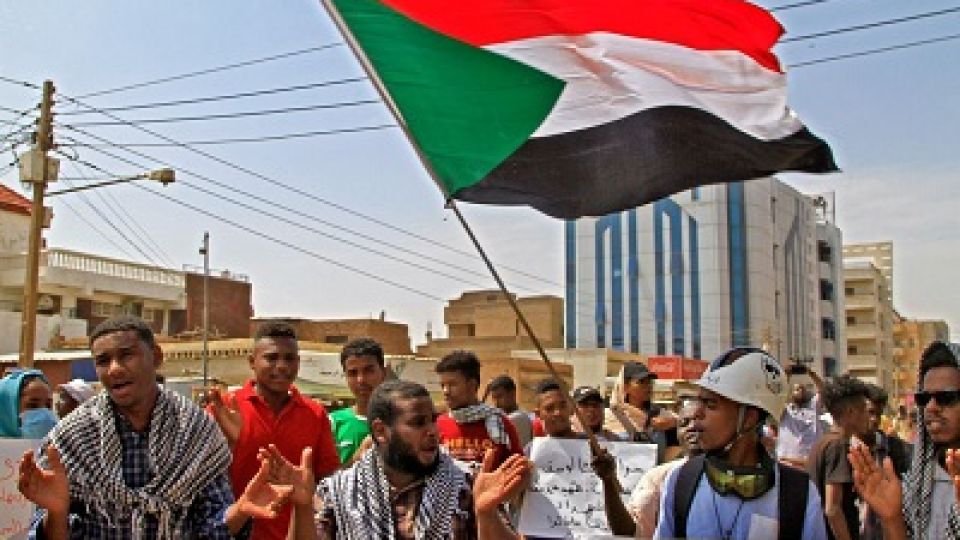from RAJI BASHIR in Khartoum, Sudan
Sudan Bureau
KHARTOUM, (CAJ News) – BANKS and humanitarian organisations are bearing the brunt of the collapse of the telecommunications network in the war-torn Sudan.
A lack of funding is hampering efforts to keep humanitarian officials and agencies connected.
The Emergency Telecommunications Cluster (ETC) is experiencing difficulties, which are constraining its ability to maintain and expand services. It requires US$6,3 million.
Difficulties importing telecommunications equipment, compounded with the looting of preexisting telecommunications assets in-country has meant that a lack of equipment is a major challenge for the operation.
ETC noted as a result of the security situation, travel and access was severely constrained across the country.
Since the outbreak of conflict on April 15, Sudan’s communications infrastructure has been heavily impacted as a result of direct damage to telecommunications towers, as well as indirectly through the rapid deterioration of the national power grid.
The country’s mobile network operators (MNOs) are struggling.
Congestion on the major MNO network is worsened by the concentration of internally displaced people (IDPs) in safer areas away from the active fighting.
Two of the major internet service providers (ISPs) are also no longer functioning, and local very small aperture terminal (VSAT) services are unreliable.
In Port Sudan, banks have reportedly been unable to provide financial services due to connectivity issues.
The ETC facilitated an agreement between two banks serving humanitarians from World Food Programme’s premises with a local internet service provider (ISP) to reinforce their internet connectivity.
Meanwhile, as part of a security communications needs assessment, the cluster is conducting an inventory of very high frequency (VHF) handsets among United Nations (UN) agencies and non-governmental organisations.
Many radio handsets were abandoned, damaged or looted during the evacuation of humanitarians in the first phase of the conflict.
ETC is working to identify and disable missing radios suspected to have been looted to preserve the security of the radio network.
The cluster said due to the lack of equipment available in Sudan, it has been receiving requests to borrow radios.
Two radios were loaned to the International Office of Migration (IOM) to support their communications needs for a field mission.
Fighting between the Sudanese Armed Forces (SAF) and Rapid Support Forces (RSF) has killed hundreds, forced more than 530 000 to flee across borders, and displaced over 1,965 million people internally, according to the UN Refugee Agency’s operational data portal.
Prior to the recent outbreak of violence, a third of the 46-million population was already in need of humanitarian assistance.
In the revised Humanitarian Response Plan (HRP), it is now estimated that the number of people in need of assistance is 24,7 million – a 57 percent increase from before the crisis.
– CAJ News

